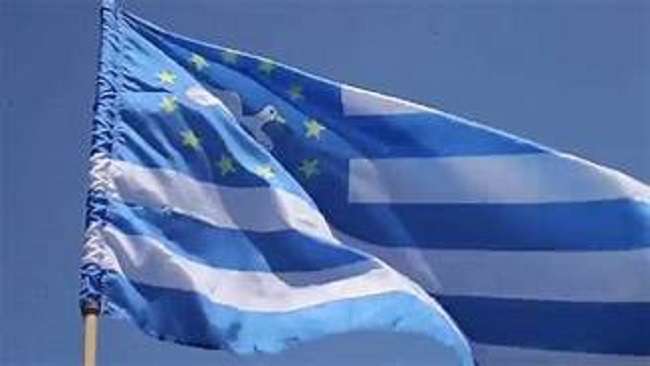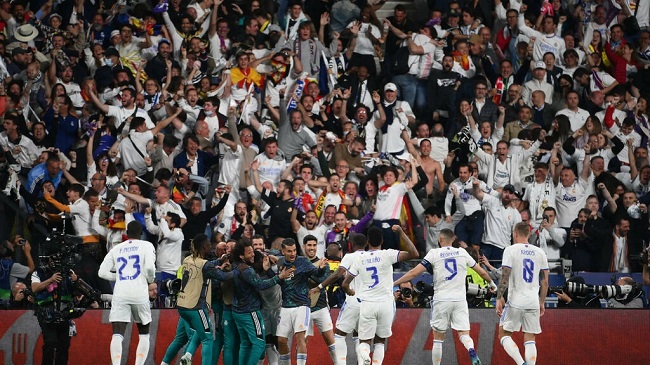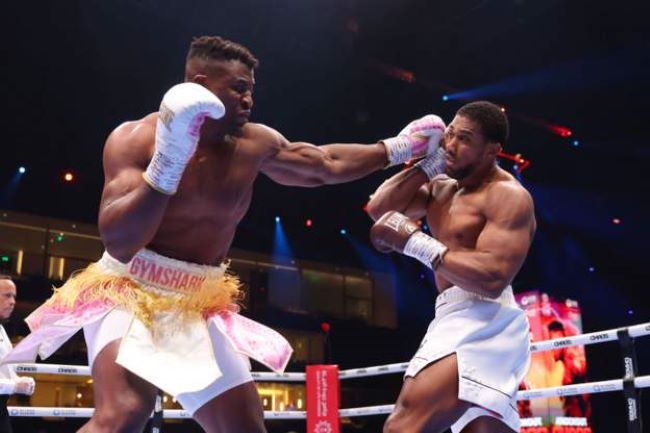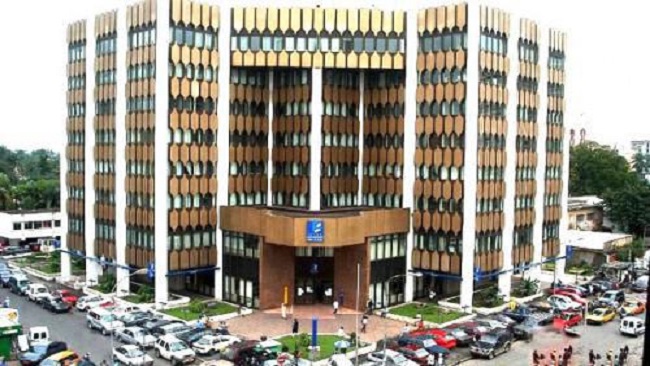6, May 2024
Southern Cameroons Crisis: General Sagon among 3 killed in Ngoketunjia 0
Three separatist fighters, including a key commander, were killed when government forces struck their hideout on Sunday in Cameroon’s war-torn Anglophone region of Northwest, according to local and security sources.
The crackdown, as confirmed by a military official in the region who requested not to be named, was launched in the early hours of Sunday in the Ngoketunjia division of the region.
Among those killed was a key commander who referred to himself as “General Sagon.”
“General Sagon” was among the first to take up arms in 2017 to fight the government. In 2021, he was the second in command when separatist fighters ambushed and killed 15 soldiers in a single combat in Ngoketunjia division, according to security reports by local police.
An official in the region who asked not to be named said that his physical elimination is a “major” setback to the separatist insurgency in the region.
Fighting between government forces and separatist fighters has persisted in Cameroon’s two English-speaking regions of Northwest and Southwest since 2017 when separatists attempted to establish an independent nation in these regions.
Source: Xinhuanet



























7, May 2024
Russia to hold nuclear drills following ‘threats’ from West 0
Russia has started preparations for missile drills near Ukraine simulating the use of tactical nuclear weapons in response to “threats” by Western officials.
Kremlin spokesman Dmitry Peskov said recent statements by French President Emmanuel Macron and the British Foreign Secretary David Cameron constituted a “completely new round of escalation of tension”.
Last week, Mr Macron refused to rule out potentially deploying French troops, should Kyiv request them, while Lord Cameron said that Ukraine had the right to use British weapons for strikes within Russia.
On Monday, Russia’s Ministry of Foreign Affairs stated that Lord Cameron’s “hostile outburst” contradicted previous British assurances that the long-range missiles sent to Ukraine would not be used on Russian territory and meant that the UK was a “party to the conflict”.
The ministry added that the response to Ukrainian strikes using British weapons on Russia could involve targeting any British military facilities and equipment on the territory of Ukraine and beyond.
It also said that Mr Macron’s statement on possible deployment of French troops to Ukraine could be considered as “readiness for direct confrontation with Russia”.
Both the British and the French ambassadors in Moscow were summoned on Monday.
The tactical nuclear weapons drills announced on Monday were ordered by Russian President Vladimir Putin, according to TASS news agency.
They were expected to take place “in the near future” and would involve missile formations as well as air and naval forces.
Tactical nuclear weapons are small nuclear warheads and delivery systems intended for use on the battlefield, or for a limited strike.
They are designed to destroy enemy targets in a specific area without causing widespread radioactive fallout.
Strategic nuclear weapons, on the other hand, are large and designed to be fired at a long range – for example, between continents. Russia holds regular drills with strategic nuclear weapons.
In April, Belarus’s long-time leader Alexander Lukashenko said “several dozen” tactical nuclear weapons were stationed in his country.
A Ukrainian military intelligence spokesman dismissed the announcement that drills would take place, calling it “nuclear blackmail”.
But Nato spokesperson Farah Dakhlallah said it was “dangerous and irresponsible” and stated that Nato remained “vigilant”.
Following a meeting in Paris with Mr Macron and Chinese President Xi Jinping, European Commission President Ursula von der Leyen said that she hoped President Xi would help de-escalate Russia’s “irresponsible” nuclear threats.
Russia’s sabre-rattling come on the eve of President Vladimir Putin’s inauguration for a fifth presidential term.
Ukraine’s foreign ministry has said it will no longer regard Vladimir Putin as a legitimate president after his inauguration and has urged other countries and international organisations to follow suit.
However, a French diplomatic source quoted by Reuters said the French ambassador would attend the ceremony.
Germany and several other European countries have ruled out sending their envoys.
Source: BBC